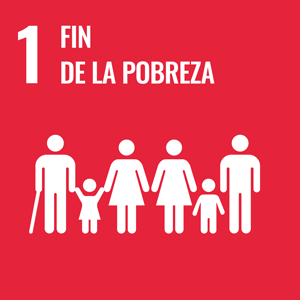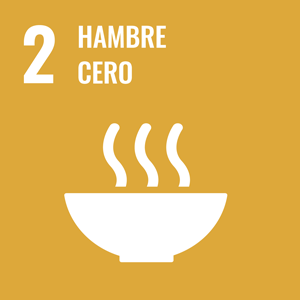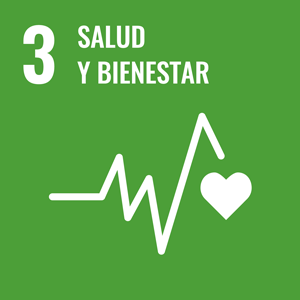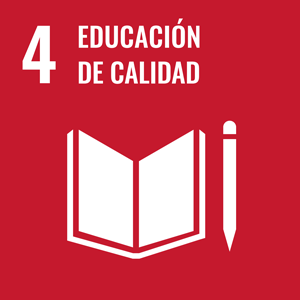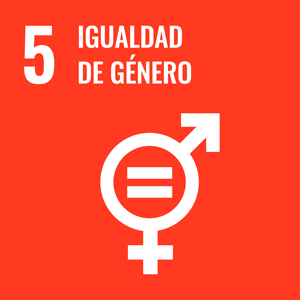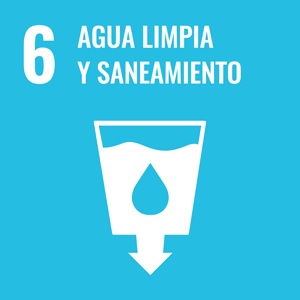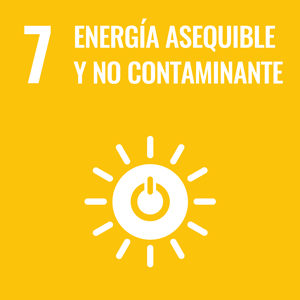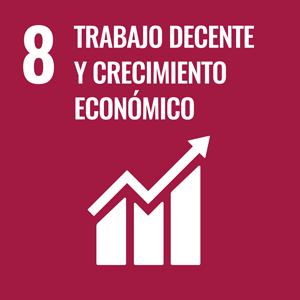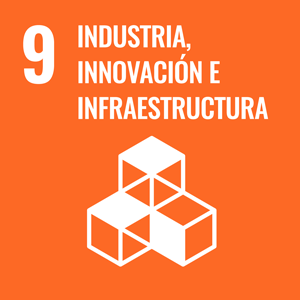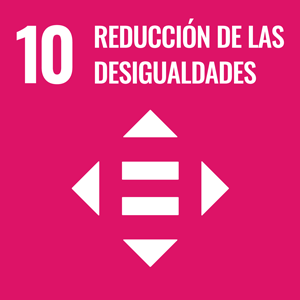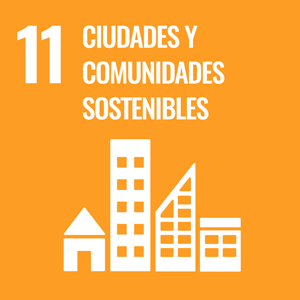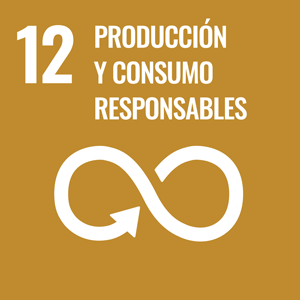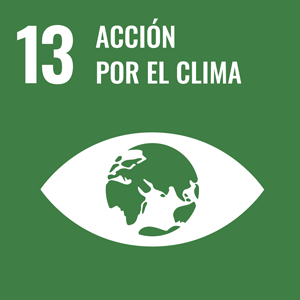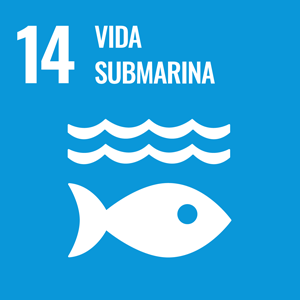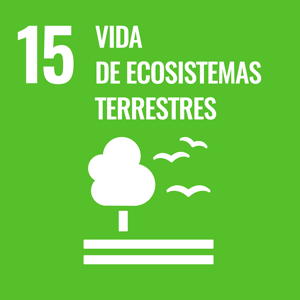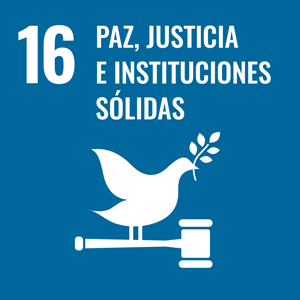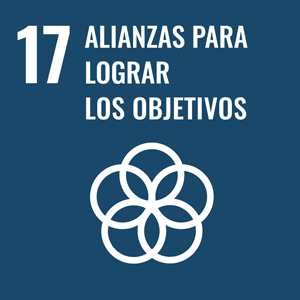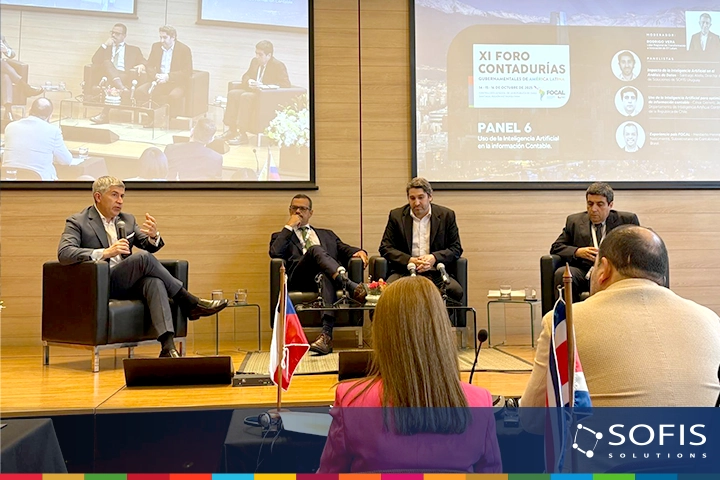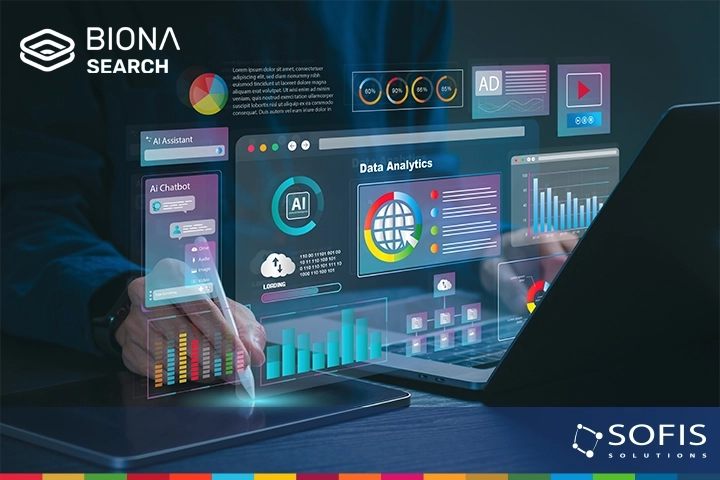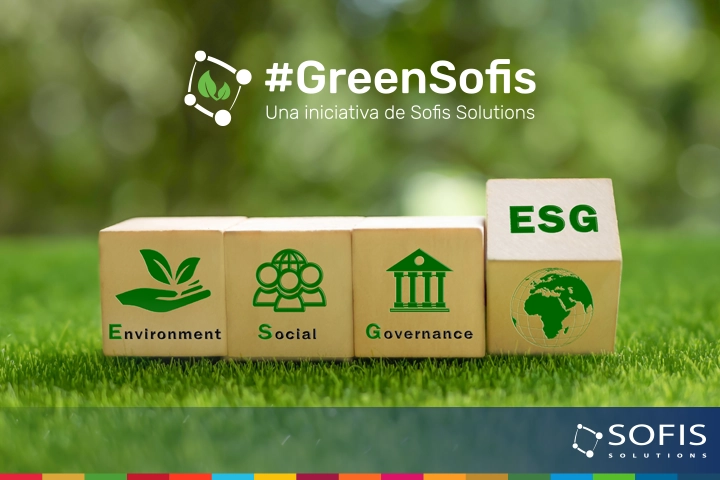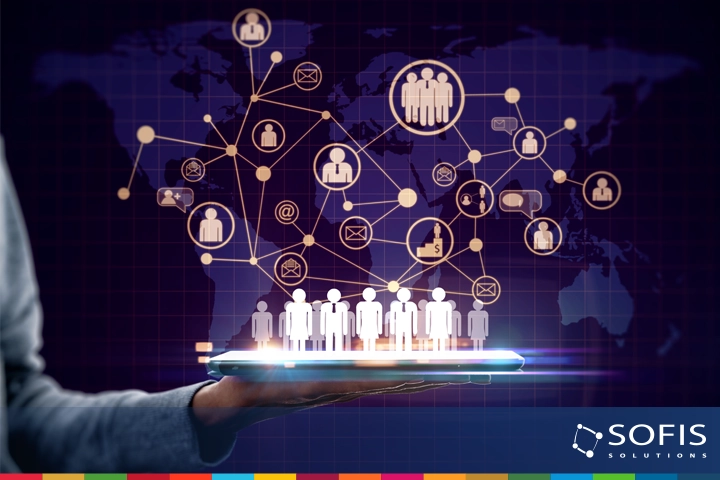-
Who we are
-
-
StrategyMission
To solve the challenges of organizations and communities through intelligent, secure, sustainable, and people-centered solutions, so they generate real value in their social and productive contexts.
VisionTo be the chosen company by organizations seeking to innovate with quality, purpose, and trust in the intelligent era.
Learn moreValues- Ethics and transparency
- Professionalism
- Respect
- Honesty
- Innovation
- Responsibility
- Effectiveness
- Integrity
- Customer orientation
- Punctuality
-
-
-
History
Sofis Solutions was born in 2005, in the city of Montevideo - Uruguay.
Since its inception, the main driver was and remains quality. This applies to processes, products, and relationships with the environment.The internationalization of the company It was one of the founding objectives. In the first stage, it expanded from Uruguay, and in the second stage, it opened offices in Latin American countries. Currently, it has offices in Montevideo, Panama, El Salvador and Ecuador.
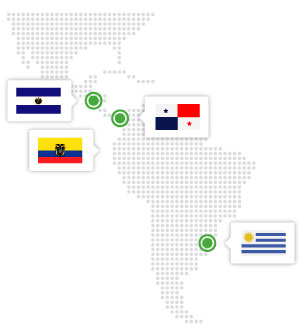
-
-
-
Alliances

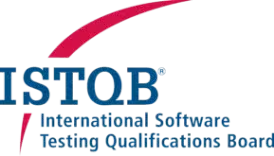

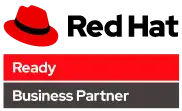

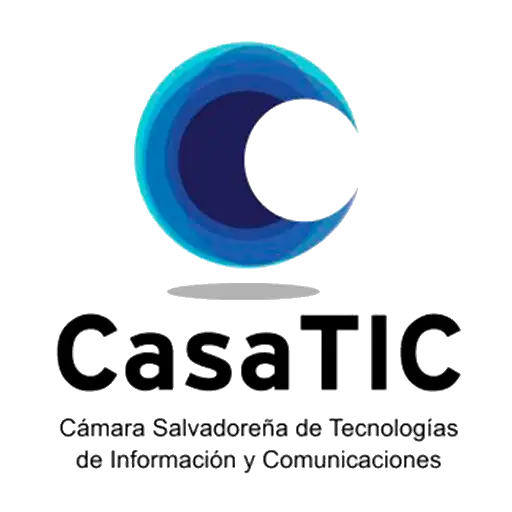
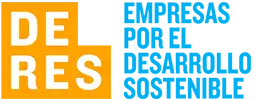

-
-
-
Certifications

CMMI-DEV-3
More informationNational Quality Award - 2023 Edition
More informationISO 9001:2015
Quality Management SystemISO 37001:2016
Anti-Bribery Management SystemISO 14001:2015
Environmental Management System
-
-
-
SustainabilityLearn more
Sofis Solutions integrates environmental, social, and governance (ESG) principles into its management and operations, driving sustainability through Digital Transformation. Its strategic approach prioritizes energy efficiency, digital inclusion, and transparency in digital governance, contributing to the responsible development of organizations.
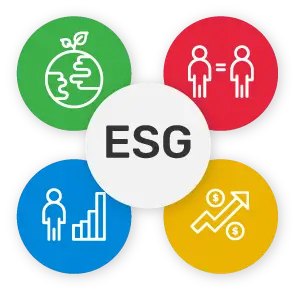
-
-
-
What we do
-
-
IT projectsLearn moreAt our Software Factory, we specialize in providing software development solutions with a focus on excellence and sustainability.
-
-
-
Software qualityOur software quality services comprehensively address the aspects or dimensions of software quality, addressing this approach throughout the entire software development cycle.
- Manual and automated functional suitability testing
- Performance testing
- Software product quality
- Software quality consulting
Learn more
-
-
-
Staff AugmentationLearn moreWhat is IT Staff Augmentation? IT Staff Augmentation is a specialized technical staffing model that enables organizations to increase their agility and respond to the changing technological needs of the market.
-
-
-
ConsultancyIn the public sector, strategic decisions and projects with citizen-centered designs and excellence have the power to transform entire communities.Learn more
-
-
-
BIonA SuiteBIonA Suite is a comprehensive platform for the intelligent management of processes and services in public and private organizations. BIonA Suite facilitates smart transformation with a focus on public value and user experience. Learn more
-
-
-
Projects
-
-
Recent projects
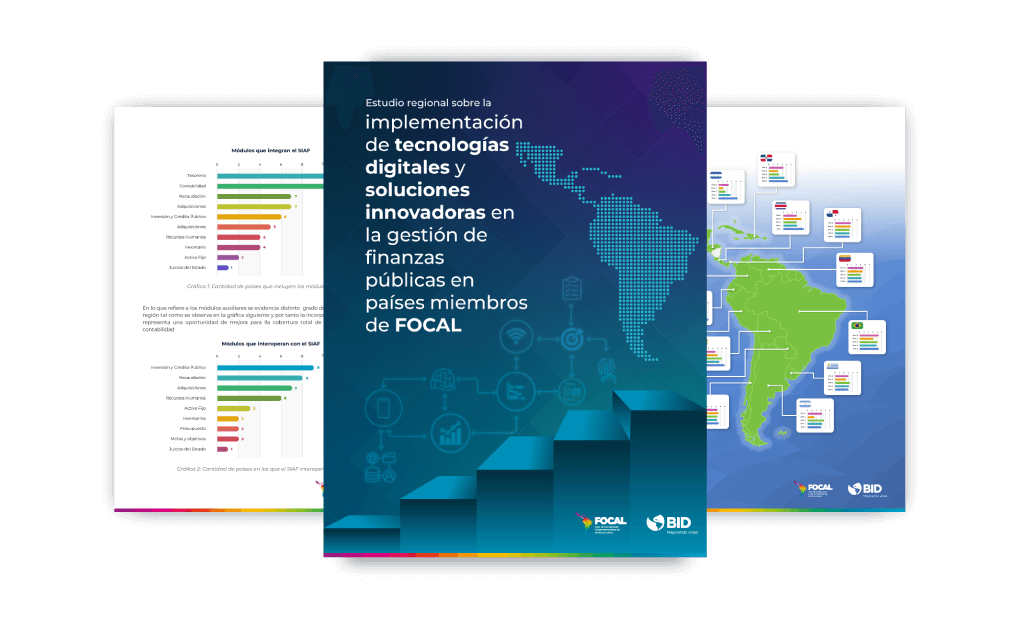 FOCAL Regional StudyFOCAL - El Salvador
FOCAL Regional StudyFOCAL - El Salvador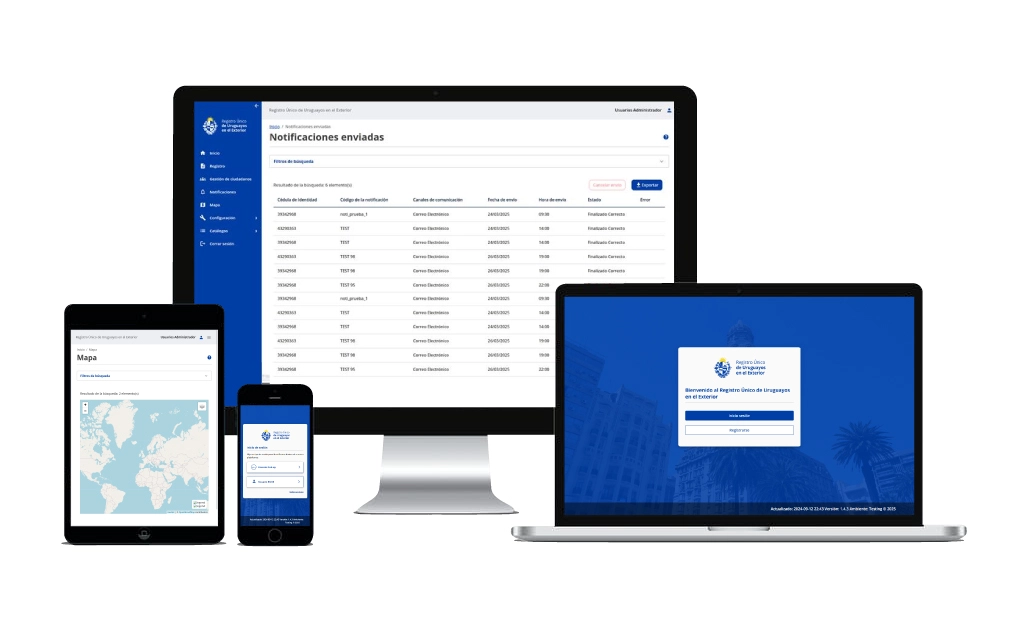 Single Registry of Uruguayans AbroadMinistry of Foreign Affairs - Uruguay
Single Registry of Uruguayans AbroadMinistry of Foreign Affairs - Uruguay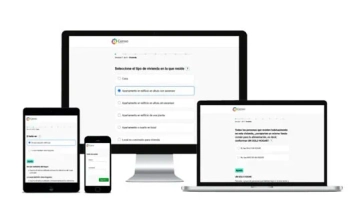 Population and Housing Census 2023National Institute of Statistics - Uruguay
Population and Housing Census 2023National Institute of Statistics - Uruguay
-
-
-
Digital Public InfrastructureWhat are Digital Public Platforms?ProjectsProducts
-
-
-
-
Mobile applicationsWe create hybrid, native, and PWA solutions for devices with Android and iOS operating systems.
Some of our projects:Digital Patrols, Ecuadorian Bovine Information System, Easy Budget UY, Digital Portfolio, SIGES Teachers App, SIGES Parents App.
Learn more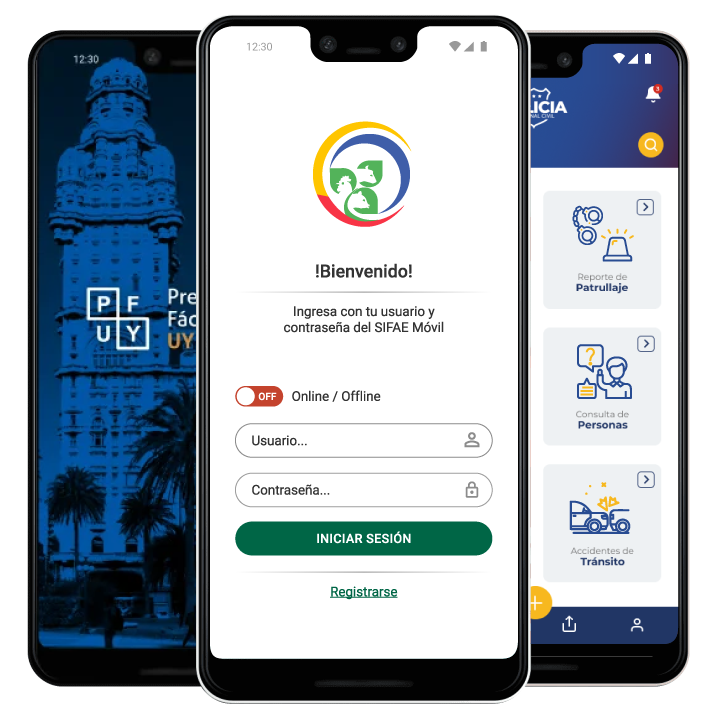
-
-
-
FOCAL regional studyThe purpose of the study was to carry out a regional analysis with the objective of identifying and evaluating the maturity level of the member countries of the Latin American Government Accounting Forum (FOCAL), currently composed of Argentina, Bolivia, Brazil, Chile, Colombia, Costa Rica, Ecuador, El Salvador, Guatemala, Honduras, Mexico, Nicaragua, Panama, Paraguay, Peru, Dominican Republic, Uruguay and Venezuela.Learn more
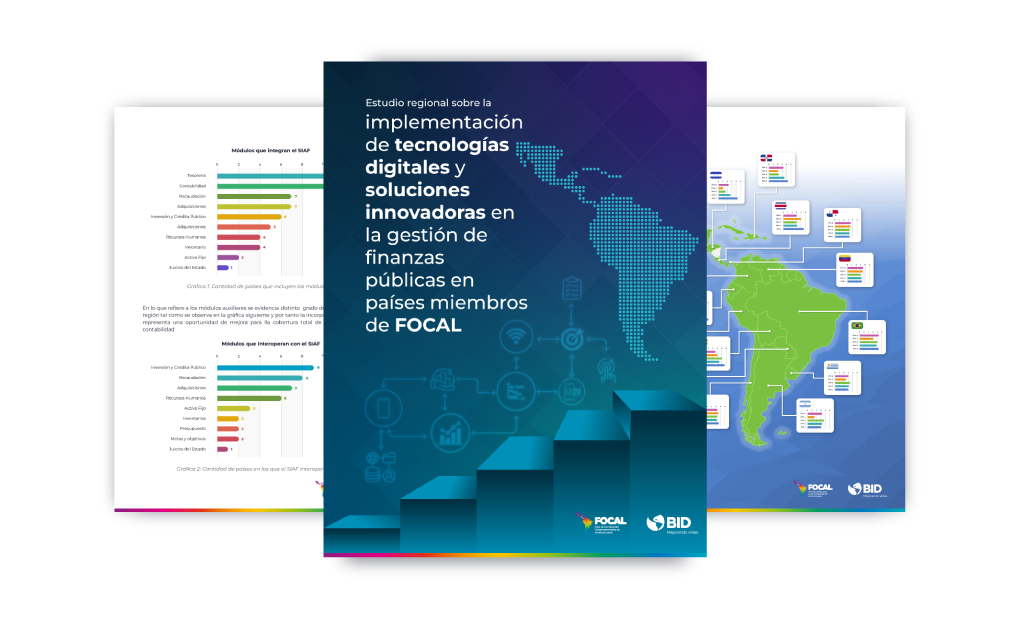
-
-
- AI
-
-
Artificial IntelligenceLearn moreAdvanced Artificial Intelligence (AI) and Big Data solutions that transform the way organizations make decisions and optimize their operations. We specialize in the development of intelligent autonomous agents and generative AI solutions using large language models (LLMs), both on local infrastructure and in the cloud.
-
- Press Room
-
-
Sustainable development
-
-
-
Interviews
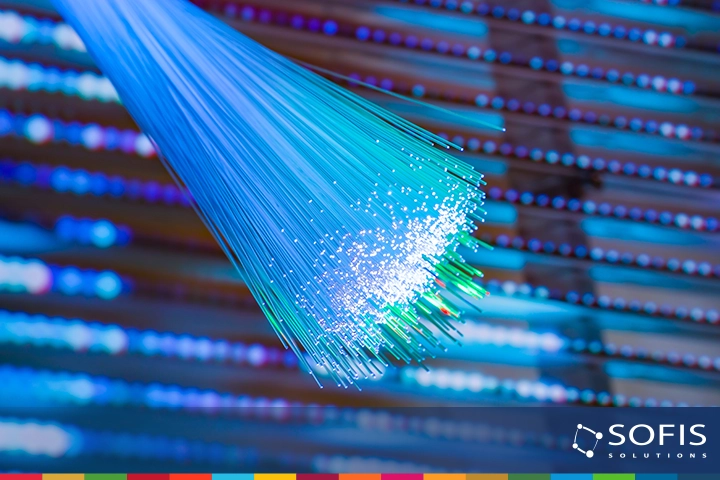 16/06/2025Virtual Threads in Java
16/06/2025Virtual Threads in Java
-
- Innovation
-
-
#GreenSofisMore information
Methodology
#GreenSofisSustainable Digital Transformation Conference
#GreenPath
-
-
-
AI For Everything
It is an initiative by Sofis Solutions, from the Intelligent Solutions Division, that promotes the adoption of artificial intelligence as a key driver of efficiency and effectiveness in the intelligent era.
It integrates both administrative and operational processes, promoting an organizational evolution where technology amplifies knowledge, optimizes decision-making, and generates value in a sustainable and inclusive way.
More information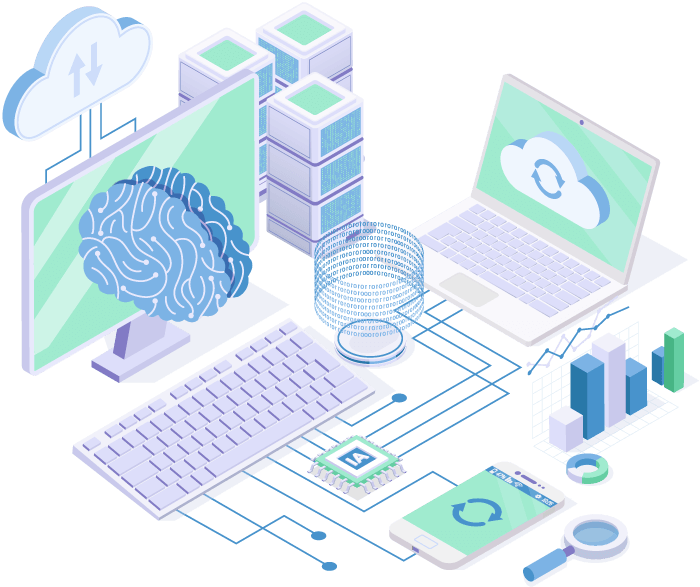
-
- Contact us
- ES PT-PT
-

How Sofis integrates trends in bribery prevention and organizational ethics into its management
Montevideo, June 4, 2025.
Organizational ethics is no longer just a statement of principles; today it represents a tangible commitment to integrity, transparency, and regulatory compliance. In an increasingly demanding environment, where organizations must be accountable to diverse stakeholders, adopting strong ethical practices has become a strategic necessity.
Organizations seeking to sustain their legitimacy and competitiveness over time are revaluing ethics as a strategic asset. Therefore, they incorporate integrity approaches that permeate the entire organizational structure, from senior management to operational processes. Bribery prevention is no longer addressed only from a legal perspective but as part of an integral management of reputational, financial, and operational risks.
In this context, new trends are beginning to consolidate that combine regulatory frameworks such as ISO 37001 with analytical tools, ESG criteria, and a culture of active transparency. These practices not only seek to prevent sanctions or reputational damage but also to build trust relationships and generate value with key stakeholders.
New version of the international standard: ISO 37001:2025
On February 28, 2025, the International Organization for Standardization (ISO) published the second edition of the ISO 37001 standard. This new version, called ISO 37001:2025, incorporates key adjustments that strengthen its alignment with other international standards and optimize the effectiveness of compliance programs.
One of the main changes introduced by the new ISO 37001:2025 is the emphasis on the active role of senior management and continuously strengthening anti-bribery training and culture within the organization, among other specific changes related to: greater definition of the anti-bribery compliance function and its responsibilities, climate change and sustainability, conflict of interest management, among others. Under this context, it is no longer enough to support ethical policies; now leaders are required to act as visible promoters of a culture of integrity, through practical training and constant communication at all organizational levels. Ethical leadership ceases to be symbolic and becomes functional, with concrete actions and direct responsibility in bribery prevention.
Indicators in the value chain for the prevention and mitigation of ESG risks
Indicators, due diligence (DD) processes, and risk assessments of members of each organization’s value chains are being improved and optimized with the goal of preventing and mitigating risks.
Due diligence processes are beginning to involve ESG dimensions (environmental, social, and governance) in a unified vision, rather than in isolation. This allows for ensuring more sustainable relationships and operations beyond the organization’s own operation. Contract requirements and demands, considering the results of indicators or due diligence, can then be proportional based on the level of risk detected for each value chain member.
In this line, at Sofis Solutions, we have specific indicators that allow us to relate potential bribery risks with other ESG dimensions, for example: human rights or environmental risks.
Technology, a fundamental ally for process improvement
Digital transformation has also reached the field of regulatory compliance. The use of technologies such as artificial intelligence, machine learning, and blockchain is improving, streamlining, and revolutionizing the management of ethical risks.
These tools allow automating due diligence processes, providing more transparent tracking of purchasing and payment procedures, generating indicators more efficiently and based on data for decision-making to mitigate potential negative risks. There is a strong emphasis on improving due diligence practices automatically, Know Your Customer (KYC) processes, and real-time transaction monitoring and tracking.
Improvement in cooperation and information exchange to enhance outcomes
ISO 37001:2025 aligns with an increasingly internationally regulated global context. The exchange of information between international bodies is also intensifying, pointing towards growing cooperation and global alignment in compliance, supervision, and evaluation criteria.
Continuous monitoring of processes, risks, and indicators
The traditional approach based on annual audits is giving way to a continuous monitoring model. Currently, priority is given to the use of technology, early and periodic reviews, and interactive dashboards that allow managing risk in real time. This evolution facilitates a more agile, preventive response backed by concrete data.
Sofis Solutions’ commitment to bribery prevention
Sofis Solutions has a firm commitment to integrity, transparency, and bribery prevention as fundamental pillars of its organizational culture. It actively promotes ethical practices in its processes and works to consolidate a compliance environment aligned with international standards, such as ISO 37001. This commitment translates into concrete actions ranging from continuous training to risk evaluation and the implementation of controls that reinforce responsible organizational conduct.
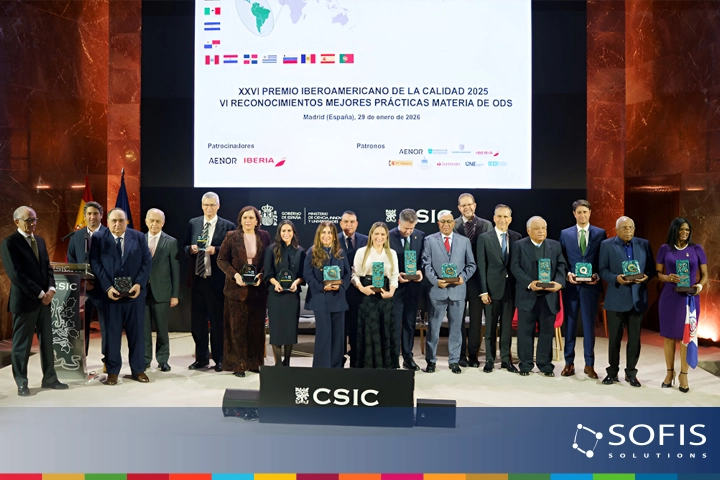
Madrid, January 29, 2026 – Sofis Solutions was honored with the Silver Award at the 2025 Ibero-American Quality Award, the highest recognition for exc......
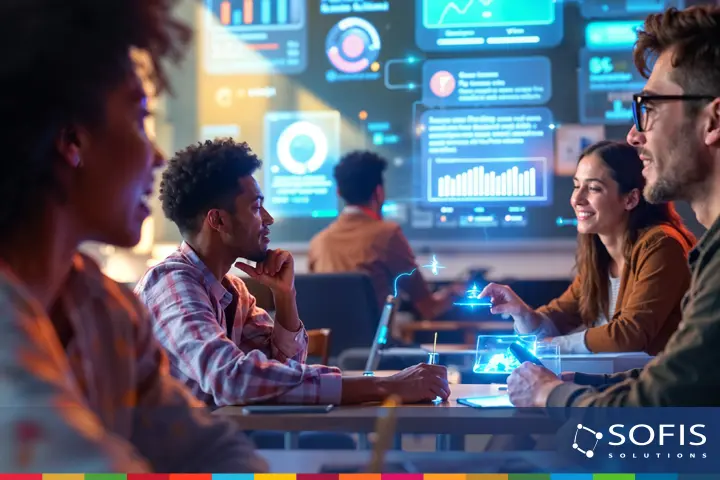
In this interview we talked with the Software Engineering Group of Sofis Solutions, a team that has been actively working on the evolution of its deve...

On November 20th, the pilot edition of Creative Bureaucracy UY 2025 took place at the Sala Verdi, the local precursor to the Creative Bureaucracy Fest...












 Digital Signature
Digital Signature BionA Suite
BionA Suite Biona SIgn
Biona SIgn